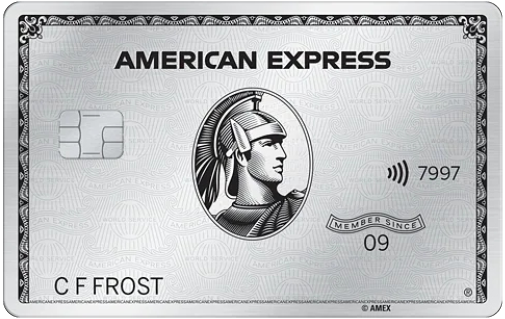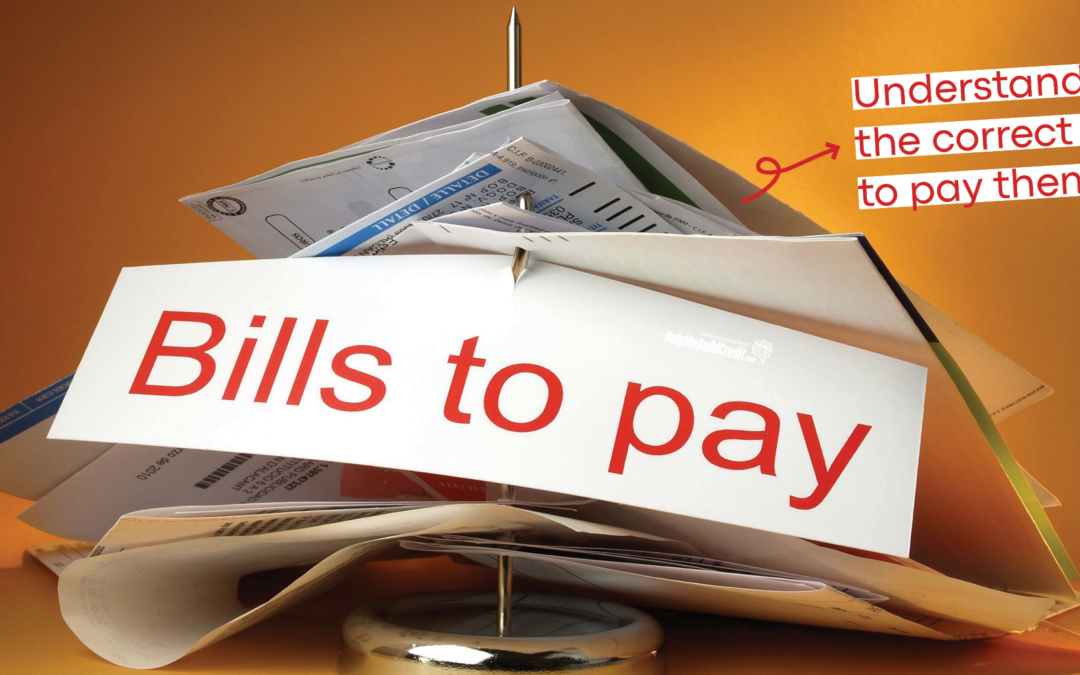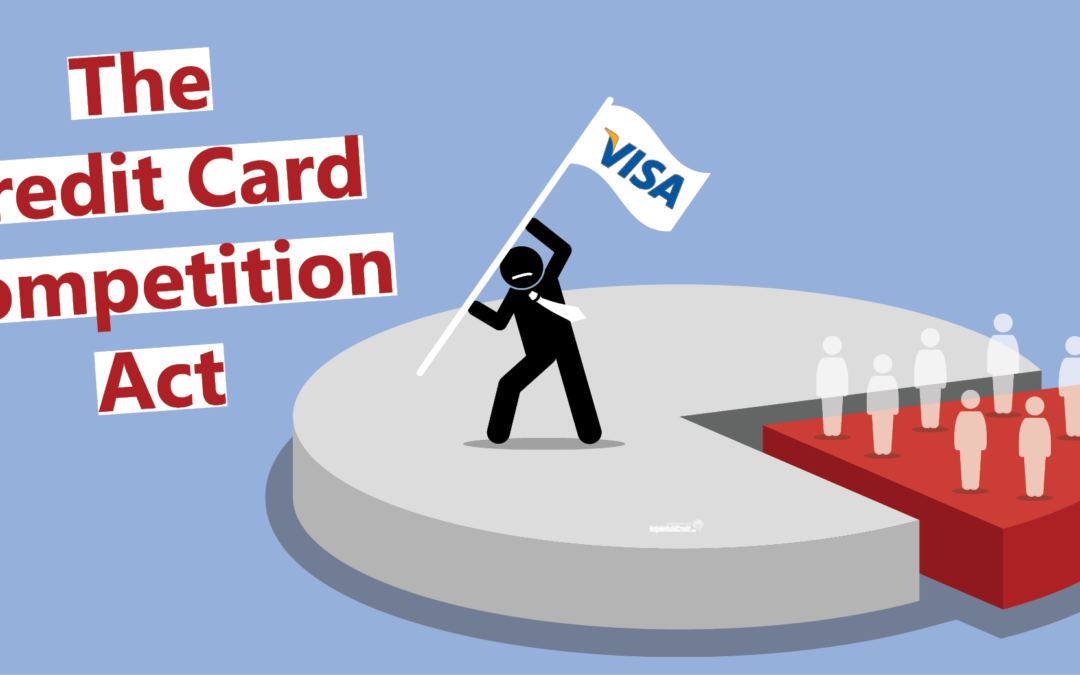On November 8, 2021, New York Governor Kathy Hochul signed into law the Consumer Credit Fairness Act (the “CCFA”) which goes into effect on April 7th, 2022 and May 7th, 2022. The Act contains a series of new regulations that significantly impact debt collection lawsuits filed in New York state courts. One of the biggest changes is the reduced statute of limitations for most debt collection.
What is the statute of limitations?
Statute of limitations is a law that dictates the length of time collectors have to take legal action to collect the debt.
Once the statutory limitation period passes, debt collectors cannot attempt to take any legal action against debtors. After the statute of limitation passes, the debt is dropped and no claim can be filed against involved parties.
That’s why the news of the statute of limitation times being cut is a cause for celebration!
Watch on YouTube! Subscribe for more great credit content
The changes
Effective April 7th, 2022, the CCFA reduced the statute of limitations for most debt collection lawsuits (arising out of consumer credit transactions), from six years to three years! This time period runs from the date the first missed payment was due.
Additionally, consumer payments toward the debt, or a consumer’s written or oral affirmation of ownership of the debt will no longer reinstate or extend the limitations period.
It should be noted that this does NOT shorten the 7 year period that a consumer debt may be reported on your credit report.
Even if a debt collection complaint is filed against you after the statute of limitations for the debt has expired you MUST answer the complaint and state in your answer that the statute of limitations has expired. It should be noted that this does NOT shorten the 7 year period that a consumer debt may be reported to a Credit Reporting Agency and listed on your credit report.
Some more changes
Effective May 7th, 2022, the CCFA imposes the following additional requirements on original creditors and third party debt collectors (“Plaintiff”) whom wish to collect a debt by filing a complaint:
- A debt collector must attach to the complaint the contract upon which the complaint is based.
- The complaint must also include, among other things, the name of the original creditor, the last four digits of the account number, and the date and amount of the last payment.
- A debt collector must provide a completed “additional notice of lawsuit” to the court clerk when filing the proof of service for the complaint, which the clerk will then mail to the consumer.
- If a third-party debt collector seeks a default judgment, it must submit supporting affidavits from the original creditor, any prior assignors or sellers of the debt, and a witness for the collector who can verify the chain of title for the debt.
All debt collectors requesting a default judgment must also include an affidavit, stating that the statute of limitations to enforce the debt has not expired.








![Finally Going Into Effect! Bank Can’t Take Away Your Points When Closing Your Credit Card [In New York]](https://helpmebuildcredit.com/wp-content/uploads/2023/11/post-on-new-law-that-can-redeem-points-90-days-affter-closure-1080x675.png)









It great that this happen but also they should shorten the time frame from 7 years to 1 year only if the debt was paid and is zero balance so for this why keep it on file for 7 years